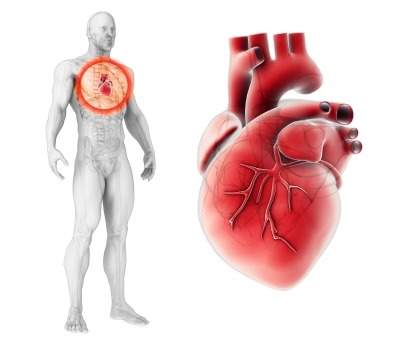
Neovasc, the US-based developer of minimally invasive transcatheter mitral valve replacement technologies, has stated that it has recently completed the Phase 1 requirements of the TIARA-II study required by the bi-phasic study design for its Tiara transcatheter mitral valve replacement device (Tiara).
This approval comes after clinical events committee’s adjudication of adverse events, Data and Safety Monitoring Board review of the data, and Governmental regulatory and ethics committees’ reviews of the interim clinical report provided for 20 implanted subjects.
With this approval, Neovasc is allowed to undertake the TIARA-II study to proceed in the geographies with no restrictions.
This study will be an international, multicenter, single-arm, prospective, non-randomized, safety and performance clinical study. The total enrollment goal for the study in all geographies is 115 implanted subjects.
Neovasc president and CEO Fred Colen said: “The Neovasc team is excited about the positive news from the governmental healthcare authorities in Germany and the UK, as well as from the independent ethics committees in both countries. After their review of the submitted, detailed results of the first 20 Tiara implants, we received all required approvals to continue this TIARA-II clinical study into the second and final phase of full enrollment, without further restrictions.”
Tiara is a self-expanding mitral bioprosthesiswhich has been specifically designed for treating mitral valve regurgitation (MR) by replacing the diseased valve.
The company claims that traditional surgical treatments are only useful in about half of MR patients, whose number is estimated to be four million in the US with a similar number of patients affected throughout Europe.
Tiara is implanted in the heart using a minimally invasive, transapicaltranscatheter approach without opening the heart or using a cardiac bypass machine.
Presently, the Tiara valve is being evaluated in 2 ongoing clinical trials: TIARA-I and TIARA-II. Tiara-1 is an an early feasibility trial in the US, Canada, and Belgium and TIARA-II will be a European ConformitéEuropéenne Mark Trial in Germany, Italy, and the UK.






